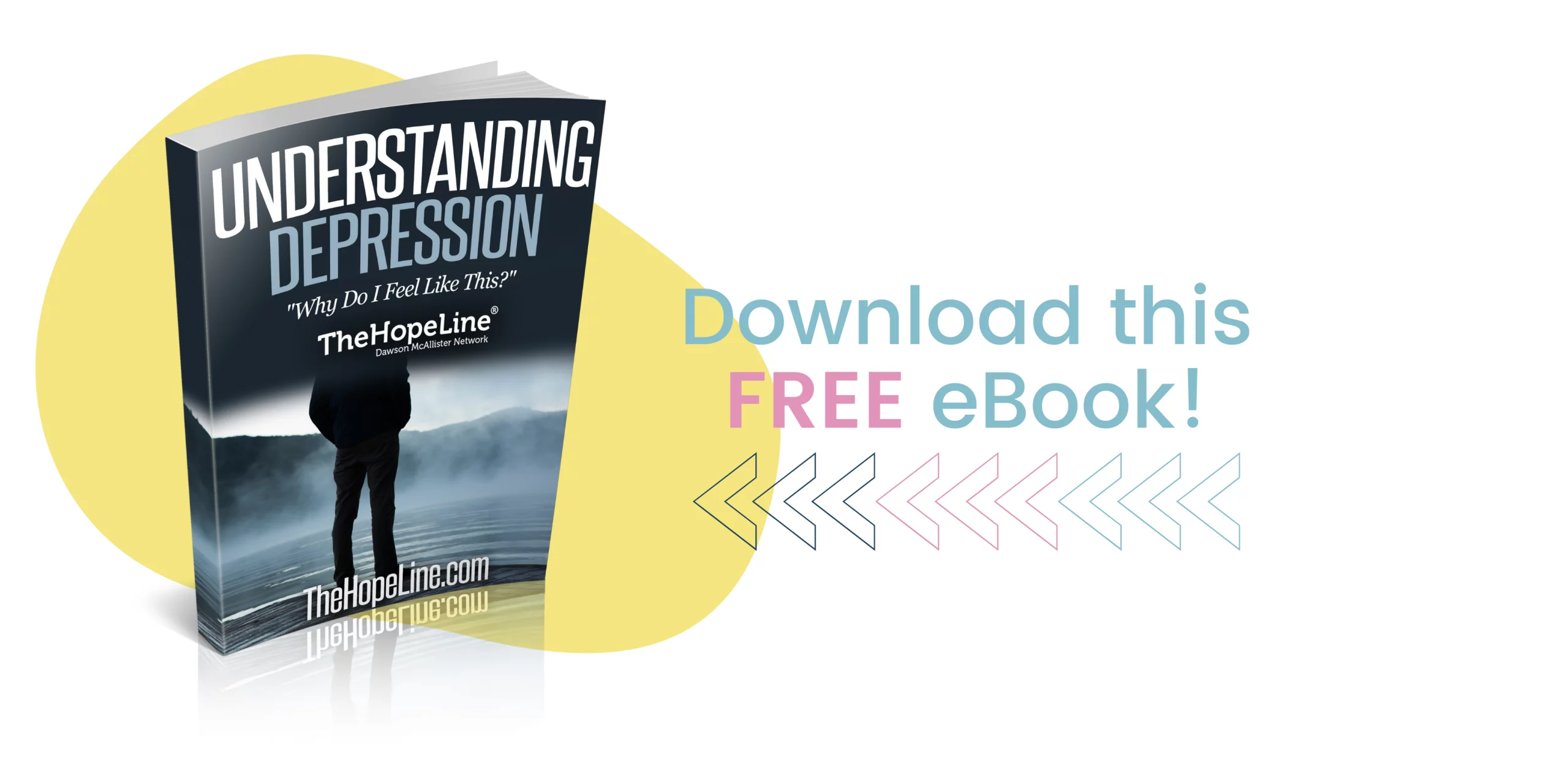Life can be difficult and saddening. Whether you’re grieving, dealing with a tough relationship, or just feel like you have the blues, it’s easy to feel weighed down. I can remember many times when I felt isolated, ashamed, or lonely and had a tough time tracing it back to a specific cause.
Sometimes that feeling of heaviness can last for a while. But how do you know if you’re just having a bad week, or if there’s something more going on? What shifts our mental state from “feeling blue” to a depression diagnosis?
What are Your Symptoms?
First, it’s a good idea to know some specific clinical depression symptoms so you can be more aware of when you’re experiencing them.
- Feeling sad, weepy, or empty (and often unable to explain it)
- Significant weight loss or gain within the last month that seems unconnected to dieting
- Insomnia or sleeping too much
- Thoughts of death, dying, or suicide
- Plans of suicide
- Losing interest in or not enjoying your favorite activities
- Irritability
- Difficulty concentrating or making decisions
- Feeling guilty without reason
- Feeling worthless
Along with showing specific symptoms like these, people with diagnosed clinical depression experience them regardless of circumstances in their life.
If your symptoms are so strong that they negatively impact your life (your grades, your work performance, or your ability to get out of bed or get moving in the morning), it’s definitely time to seek help.
Another way to recognize that yours are depressive symptoms is knowing how often they occur, and how long they last.
If you’ve been experiencing 5 or more of these symptoms almost every day for 2 or more weeks, it may be time to visit a doctor for a mental health screening. Depending on your diagnosis and the severity of your symptoms, any of several solutions might be recommended.
What are Your Options?
Talk Therapy: Discussing depression with a mentor, therapist or other mental health professional is a great way to understand why you feel the way you do and to make a plan for managing difficult thoughts and feelings.
Medication: Medication can help manage the physical side effects of depression and other mental illnesses. If you’re prescribed medication, it’s important to take it exactly as directed and not start (or stop) without a doctor’s supervision.
Nutrition and Exercise Plan: Sometimes what we eat, and drink can affect our energy levels, which might impact depression symptoms. Your doctor or nutritionist can help you plan meals and snacks that work best for you.
Prayer: Faith is a great way to remain strong and hopeful when struggling with depression.
What’s the Next Step?
While everyone’s experience of depression is a little different, there’s always hope. You don’t have to receive a formal diagnosis to get support when feeling isolated, lonely, or sad.
Understanding depression is tough. But managing it (and living a healthy, happy life) is possible. Especially with people in your corner. We are here to support you, pray for you, and cheer you on every day. You can reach out; we’ll be here as soon as you do.
If you are struggling with depression, no matter the cause, to find out more and get help, check out our free eBook on Depression!
If you or a friend need support right now, call the National Suicide Prevention Lifeline at 1-800-273-8255, for free confidential, 24/7 help. Head here for a list of crisis centers around the world. For additional help, please visit the suicide prevention resource page.




I have had this depression going on for like 4 years now going through each day has been so difficult especially the part of making decisions , feeling so overwhelmed with so many things , rejection , ( sigh) ... well I just hope it ends one day
Having trouble concentrating is another symptom of depression. Negative thoughts can lead to trouble making decisions , confusion or forgetfulness. Just a day or two of this doesn t mean you necessarily have depression. But if your thoughts turn suicidal, seek help right away.
I have had depression and anxiety for over 3 years and feel that there is not enough support in the NHS. Some days are very bad and it’s difficult to get through the day